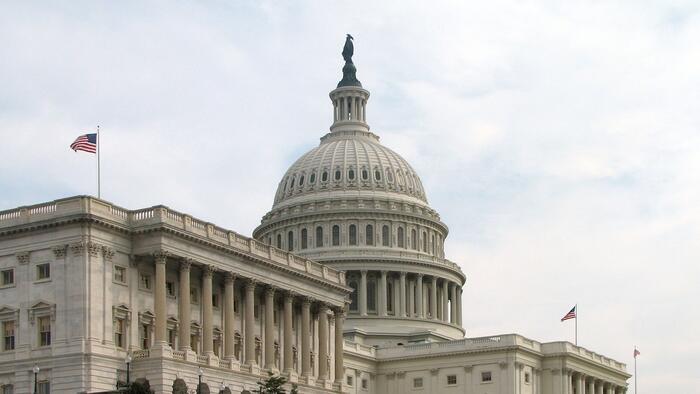In the wake of President Trump’s electoral victory in November, it appears that he and the Republican Party enjoy a renewed mandate to govern, instigating an interesting political response from the Democrats. Having once sought to dismantle traditional governance structures, Democrats now find themselves leaning on institutions like the Senate filibuster and the federal judiciary for protection against potential Republican overreach. This situation presents a unique opportunity for Trump and the Republicans to rally support for constitutional amendments aimed at safeguarding these institutions. Article 5 of the U.S. Constitution outlines the necessary processes to propose and ratify amendments, suggesting a roadmap for Republicans to preserve key governance mechanisms.
Article 5 specifies two methods for proposing amendments: either through a two-thirds majority in both chambers of Congress or through a convention called by two-thirds of state legislatures, followed by ratification by three-fourths of the states. With Trump winning 31 states in the 2024 election and Republicans having legislative control in 26, they possess a strategic advantage to push for amendments that reinforce political stability and institutional integrity. Notably, Republicans made gains even in traditionally Democratic states, reflecting a broader shift toward conservative governance. These circumstances highlight a potentially transformative period in American politics, where conservatives can modestly redefine constitutional norms.
One prominent proposal is the constitutionalization of the Senate filibuster, which currently necessitates a 60-vote threshold for most legislation, except for spending bills originating from the House. The filibuster has historically served as a stabilizing force requiring bipartisan support, effectively curbing radical policy changes. Although Democrats have oscillated in their commitment to the filibuster—advocating its abolition when in power but seeking its retention when in the minority—enabling a constitutional amendment to solidify this procedural tool would foster an environment of bipartisan cooperation. This move would ensure that the Senate maintains its reputation as a deliberative body dedicated to moderated debate and consensus-building.
Another critical amendment worth pursuing is one that would establish the size of the Supreme Court at nine justices, a norm that has existed since 1869. This longstanding tradition has been challenged by Democrats seeking to expand the Court’s size as a means of addressing perceived political bias, especially in light of its historically low approval ratings compared to Congress or the presidency. The specter of court-packing threatens the integrity of the judicial branch as it may transform justices into perceived partisans instead of neutral arbiters of the law. By enshrining the number of justices in the Constitution, Republicans can defend the Court’s independence and enhance public trust, aligning with longstanding principles articulated by figures such as Alexander Hamilton in the Federalist Papers.
Given this political landscape, it is imperative for Trump and Republicans to leverage their legislative power effectively. Whether through initiating proposals in Congress or expediting a convention of states, concerted efforts to amend the Constitution could provide long-lasting protections for revered institutions in American democracy. Reinforcing mechanisms like the filibuster and the Supreme Court’s structure not only guards against partisan manipulation but also stabilizes expectations surrounding governance. There has been a historical precedent for sturdy institutions with strong public appeal, and if Republicans act decisively, such amendments could secure these foundational elements for future generations.
In conclusion, the current political climate offers a unique convergence of opportunity and strategy for Republicans to propose amendments that protect critical aspects of American governance. With a mandate reflecting wider support, the focus should shift towards institutional resilience rather than partisanship. By effectively utilizing Article 5 of the Constitution, Trump and the Republican Party can codify vital processes and safeguard against future attempts to dismantle the norms that have historically shored up American democracy, thereby fostering a political environment characterized by stability, cooperation, and respect for existing institutions.

